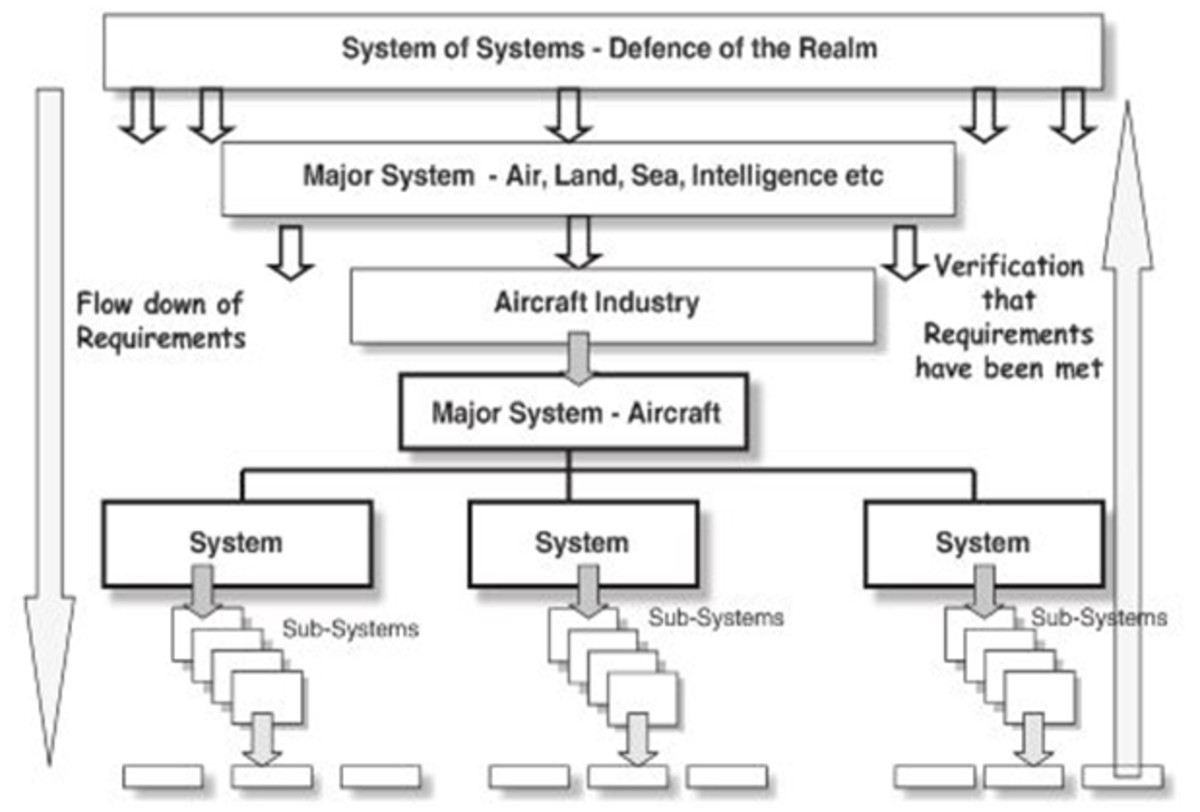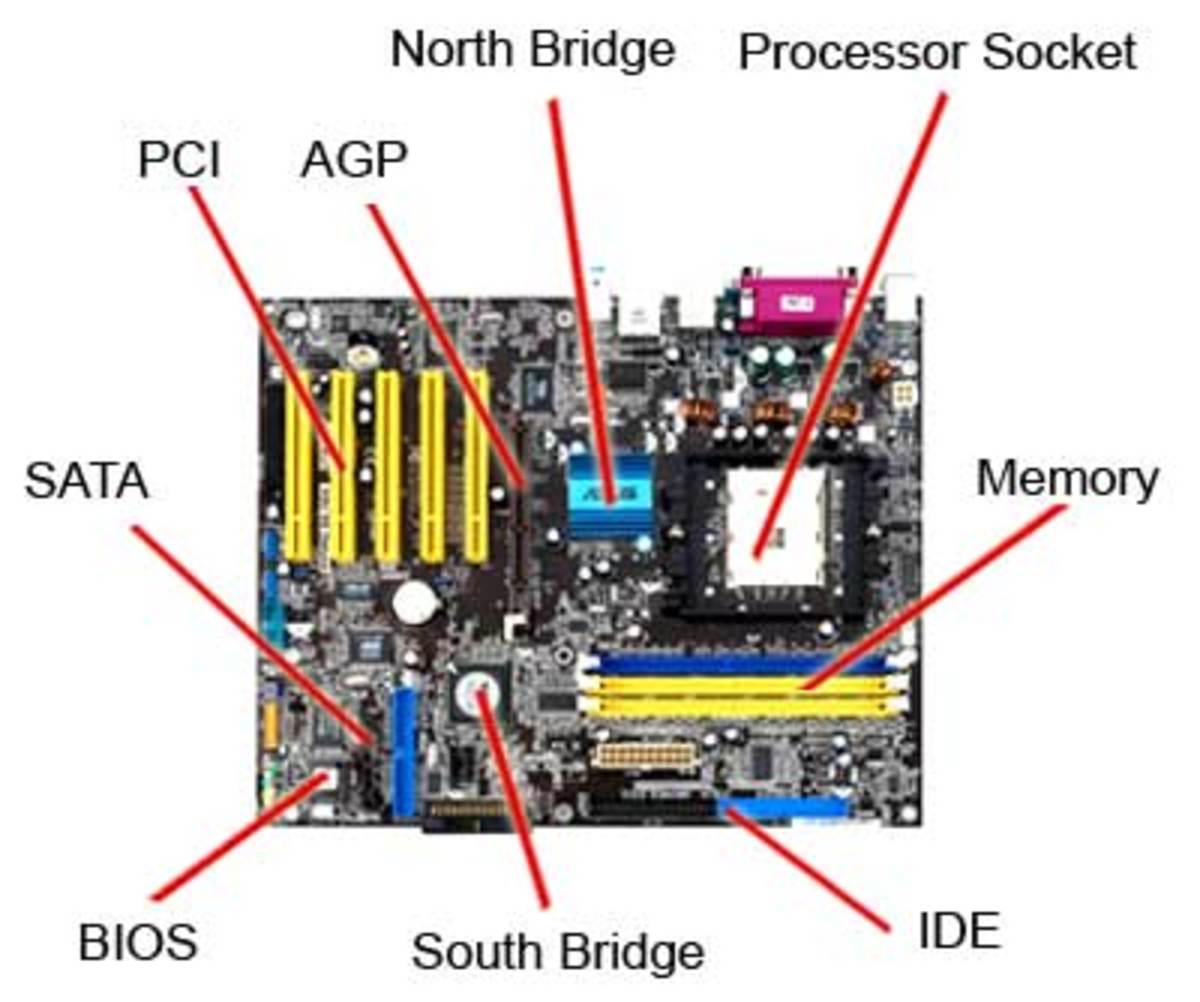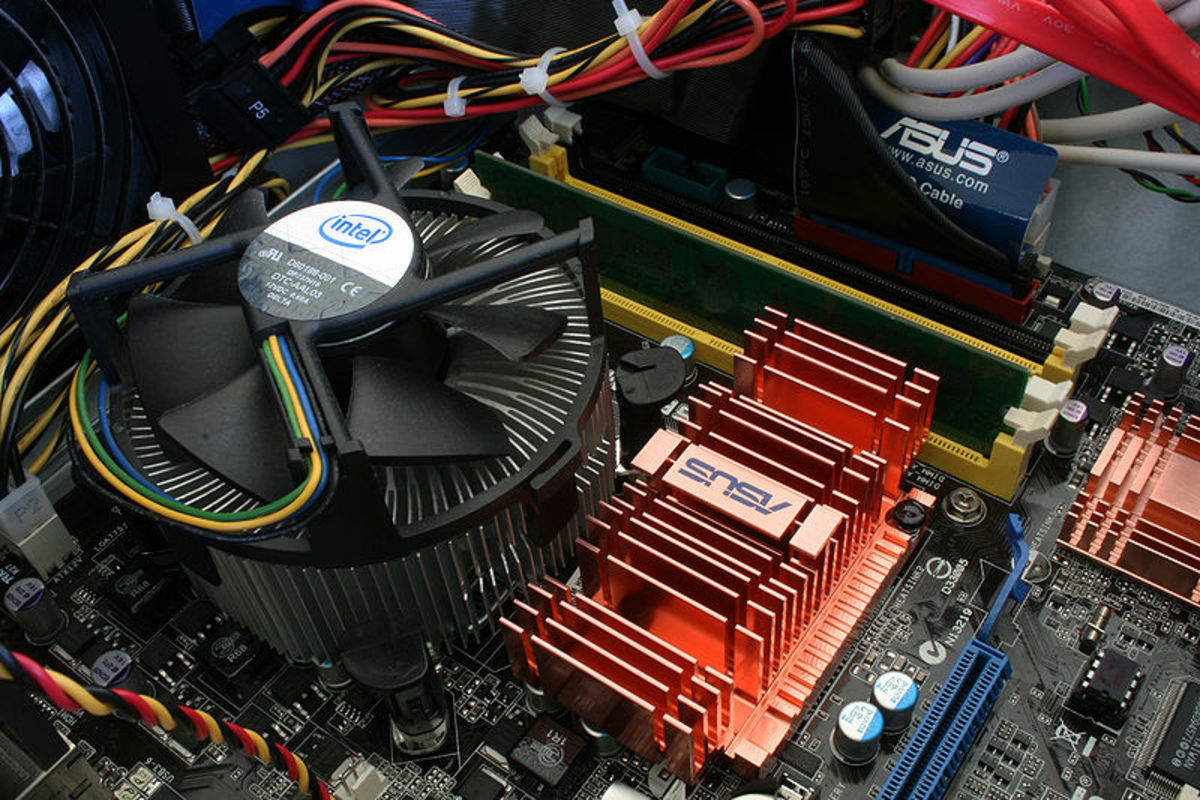What is Systems Engineering?
What is Systems Engineering?
The term system engineer or systems engineering within Information Technology applies to those who support and maintain computer hardware and software within a network.
Hardware engineers manage the hardware, such as servers, routers, and personal computers. Software engineers manage the software, including operating systems, software applications, and connectivity software. System engineers ensure the connectivity and communication between hardware and software.
Systems engineering must take cost, schedules, test plans, design and software integration into account across all sub assemblies and child parts in a parent assembly.

What Do Systems Engineers Do?
What does a systems engineer do on the job? System engineers manage the operating systems and hardware used in computers. System engineers design and support computer hardware, software applications, communication methodology within computer networks, and network infrastructure.
System engineers can work within the aerospace and defense industry, supporting hardware and software upgrades of complex equipment that uses both hardware and software that continuously change; system engineers may maintain aircraft, missiles, and tanks. System engineers also support large communication networks, such as satellite communications and cell phone networks.
System engineers typically supervise the integration of new hardware and software as they are assembled into a whole. This is called I&T, integration and test. When system standards require proof that the software and hardware work, this is called IV&V, integration, verification and validation. They also oversee the testing of new hardware components and software patches to ensure that these changes to not adversely affect the system as a whole. IT system engineering requires verifying that all components, hardware and software, work together correctly across all expected conditions.
System engineers have to track the obsolescence of parts used in all their components and find suitable replacements before it stops production. They must review all proposed changes by suppliers to verify that a small change won't affect another vendor's component.
System engineers work with risk management experts to plan complex schedules, perform reliability analysis and safety assessments of the assembly and its components.
System engineers tend to work for the prime customer of a project, coordinating design, test and validation of all products, whether they are purchased off the shelf, come from suppliers or are made by an in-house development group. Systems engineers also work for suppliers who use components from a number of sources to build their own sub-assemblies.
System Engineering Training and Certifications
System engineers usually have a degree in computer science if they work in information technology. Many system engineers have a degree in electrical engineering. A master’s degree in computer science or electrical engineering may be required for a managerial position.
The Microsoft Certified Systems Engineer (MCSE) certification is required to work as a system engineer for a computer network that uses the Microsoft operating system. Engineers who work with both hardware and software integration projects can earn a Master of Engineering in Systems Engineering.
Systems Engineering References
INCOSE or the International Council on Systems Engineering publishes the Journal of Systems Engineering, the leading publication for Systems Engineering.








